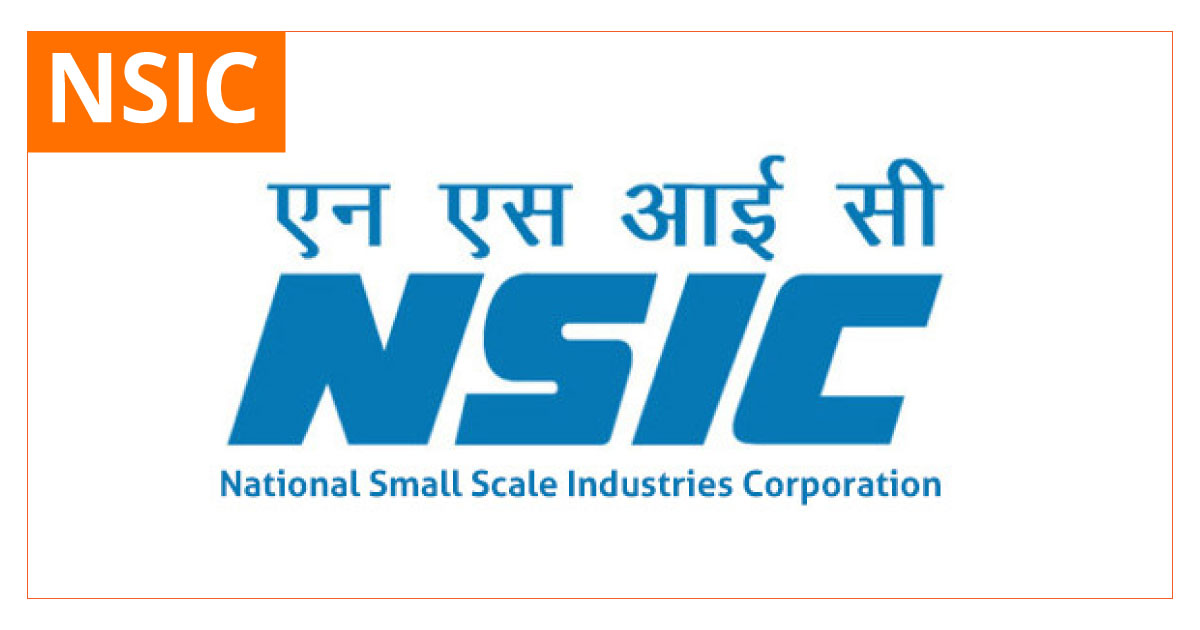Empowering Publishers Mastering RNI Registration for Seamless Newspaper and Periodical Compliance

Strong 8k brings an ultra-HD IPTV experience to your living room and your pocket.
The Registrar of Newspapers for India (RNI) is the regulatory authority responsible for overseeing the publication of newspapers and periodicals in India. Established under the Press and Registration of Books Act, 1867, the RNI guarantees that publishers operate within the legal framework and maintain ethical standards. For anyone planning to start a newspaper, magazine, or any other periodical, RNI registration is a mandatory requirement. This guide provides a detailed overview of the RNI registration process, its importance, and answers to frequently asked questions (FAQs). RNI registration is essential for confirming legal compliance, protecting the uniqueness of a publication’s title, and building credibility with readers and stakeholders. Without RNI registration, a publication cannot legally distribute or sell its content, making it a critical step for publishers and media houses.
The RNI full form is Registrar of Newspapers for India, and it plays a pivotal role in regulating the print media industry. The RNI guarantees that publications adhere to the guidelines set by the Press and Registration of Books Act, 1867, and operate transparently. One of the key steps in the RNI registration process is RNI title registration, which safeguards that the proposed title of the publication is unique and not already registered by another entity. Publishers can perform an RNI registration check on the official RNI website to verify the availability of their proposed title. This step is key because the title of a publication serves as its character, and it must be unique to avoid confusion among readers.
The RNI Registration process involves several steps, each designed to guarantee that the publication meets the necessary legal and operational standards. The first step is title verification, where the publisher checks the availability of the proposed title through the RNI title registration process. Once the title is verified, the publisher must prepare the required documents, including a declaration form (Form I) signed by the publisher, proof of uniqueness and address, details of the printer and printing press, and a copy of the first issue of the publication (if already published). These documents are then submitted to the RNI office, either online or in person. The RNI scrutinizes the application to confirm that all details are accurate and comply with the Press and Registration of Books Act. This may involve background checks and verification of the submitted documents. If the application is approved, the RNI issues a registration certificate, which serves as official proof that the publication is registered and authorized to operate in India.
After obtaining RNI registration, the publisher must comply with all regulations, including submitting annual statements and adhering to content guidelines. Failure to comply can result in penalties or cancellation of the registration. RNI registration is not a one-time process; publishers must renew their registration periodically and guarantee ongoing compliance with regulations. The importance of RNI registration cannot be overstated, as it confirms legal compliance, protects the uniqueness of the publication’s title, and builds credibility with readers and stakeholders. Registered publications may also be eligible for government advertisements, subsidies, and other benefits, making RNI registration a valuable step for publishers and media houses.
Frequently Asked Questions (FAQs)
1. What is the RNI full form?
The RNI full form is Registrar of Newspapers for India. It is the regulatory body responsible for overseeing the registration and regulation of newspapers and periodicals in India.
2. Who needs RNI registration?
RNI registration is required for publishers of newspapers, magazines, periodicals, and digital news platforms with a print version.
3. What is RNI title registration?
RNI title registration is the process of verifying the uniqueness of a proposed publication title. It guarantees that the title is not already registered by another entity.
4. How can I check if a title is available for registration?
You can perform an RNI registration check on the official RNI website to verify the availability of your proposed title.
5. What documents are required for RNI registration?
The required documents include a declaration form (Form I), proof of individuality and address of the publisher, details of the printer and printing press, and a copy of the first issue of the publication (if already published).
6. How long does the RNI registration process take?
The RNI registration process can take several weeks or even months, depending on the complexity of the application and the workload of the RNI office.
7. Is RNI registration mandatory for digital news platforms?
RNI registration is mandatory for digital news platforms that also have a print version. Pure digital platforms may not require RNI registration but must comply with other regulations.
8. What are the benefits of RNI registration?
RNI registration confirms legal compliance, protects the uniqueness of the publication’s title, builds credibility, and may make the publication eligible for government benefits.
9. Can I operate a publication without RNI registration?
No, operating a publication without RNI registration is illegal and can result in penalties or legal action.
10. How do I renew my RNI registration?
RNI registration must be renewed periodically by submitting a renewal application to the RNI office along with the required documents.
Final Opinion
RNI registration is a critical step for anyone looking to start a newspaper, magazine, or periodical in India. It confirms legal compliance, protects the uniqueness of your publication’s title, and builds credibility with readers and stakeholders. By following the step-by-step guide outlined above, publishers can direct the RNI registration process smoothly and efficiently. Whether you are a first-time publisher or an established media house, estimation the importance of RNI registration and adhering to its requirements is essential for long-term success. Just as Legal Metrology guarantees fairness in trade and commerce, RNI registration confirms transparency and accountability in the media industry. By obtaining RNI registration and complying with its regulations, publishers can contribute to a responsible and credible media scene in India.
Note: IndiBlogHub features both user-submitted and editorial content. We do not verify third-party contributions. Read our Disclaimer and Privacy Policyfor details.







